
Matt Frei 10am - 12pm
13 April 2024, 20:00
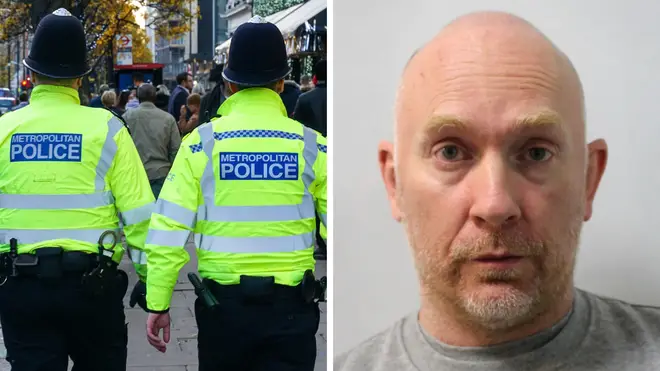
Nearly 18,000 police officers were hired virtually by forces, prompting fears of another Wayne Couzens, LBC can reveal.
Tens of thousands of PCs and PCSOs were recruited when initial face-to-face interviews were suspended across the country as a result of the pandemic.
The practise continued in many forces until the summer of 2023, long after the lifting of most Covid rules.
Many of the recruits – at the same time the Government was trying to hire another 20,000 officers - may have never had a face-to-face chat with their force before they started.
A total of 17,750 recruits were hired using virtual interviews, Freedom of Information requests seen by LBC have revealed.
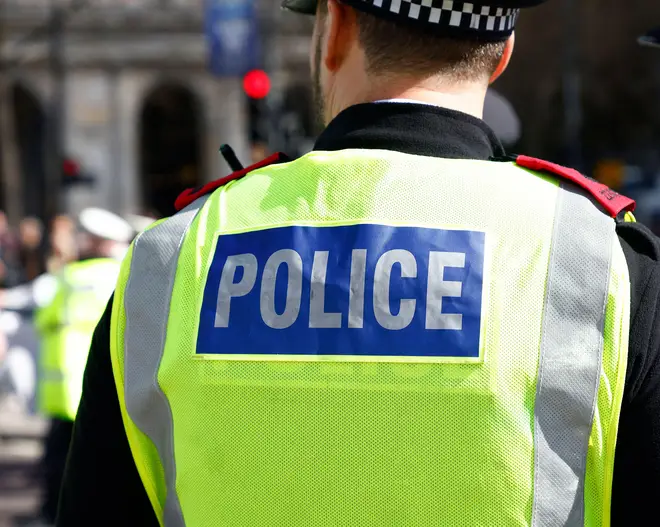
Four forces including the Met never suspended face-to-face recruitment completely.
But 13 forces did not provide the necessary information – meaning the true total could be far higher.
Sources stressed that those who were hired virtually do go on to attend a national assessment centre in-person for fitness tests and medical assessments.
Sir Tom Winsor, former Chief Inspector of HMICFRS, the independent police inspectorate, said in March 2022 that “online only [vetting] is not enough.
"You need to get somebody in a room. You need to listen to them… and see how they behave with their colleagues.”
Former cops warned of another Wayne Couzens hiding in plain sight in the police force, who could have slipped in with insufficient vetting.
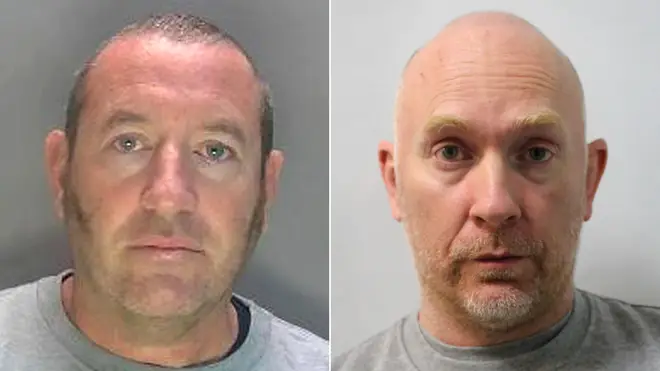
Former Detective Superintendent, Shabnam Chaudhri, told LBC it was “absolutely shocking”.
She said: “What we’re potentially looking at is another Wayne Couzens or a David Carrick, officers that are rapists, abuser or criminals that carry badges, who have got into policing through a process that in my view, which is recruitment by shortcut and really lazy policing on the cheap.
“When you do face to face interviews you get a far better feel for the person sat opposite you. You can do far more probing face to face about questions they may answer. Doing something online or virtual video footage doesn’t give you a feel for the person.
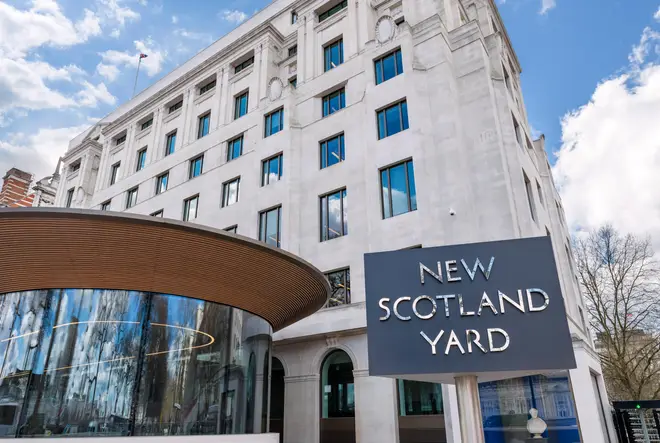
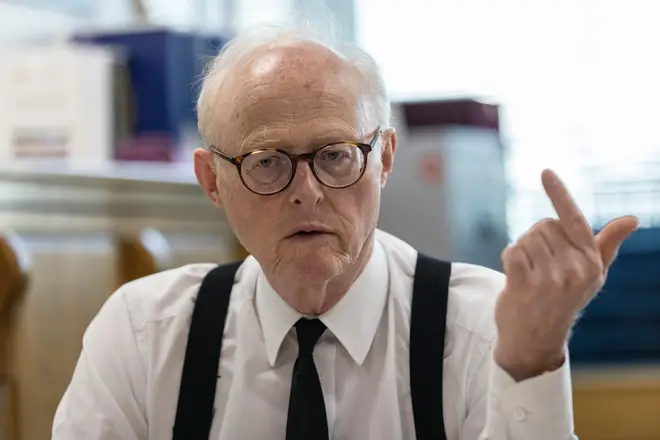
“I think this is damaging for policing. This will damage trust further, people are already frightened to report incidents to police or approach male officers in particular. It’s understandable when you see what happened with Sarah Everard or David Carrick.”
Dame Diana Johnson said the revelations were “very concerning”.
She told LBC: “It was a time where the government were recruiting in their uplift programme, their 20,000 police officers, there were a huge number of officers coming into police forces.
“It is really concerning to hear there were not opportunities to have that face-to-face interview. I have raise this over concerns about people getting into the police force who should not be officers.”
“That’s a real concern.
“It is worrying, we’ve just seen this large inflow of new officers and many of them have not had that face-to-face recruitment that we would want to see to make sure the right people are joining.
“We know that vetting has to be an ongoing process and you should pick up people who shouldn’t be there.
“There are things you can pick up in face to face that you can’t pick up on Zoom or online. We are giving to members of the public who become police officers is some serious and strong powers, we need to make sure they are there for the right reasons. That face-to-face interview has to be part of that process. Not to have face to face interviews seem to be to be completely wrong. There has to be proper recruitment with face-to-face interviews and ongoing vetting.”
All 43 forces are now completing face-to-face interviews with candidates.
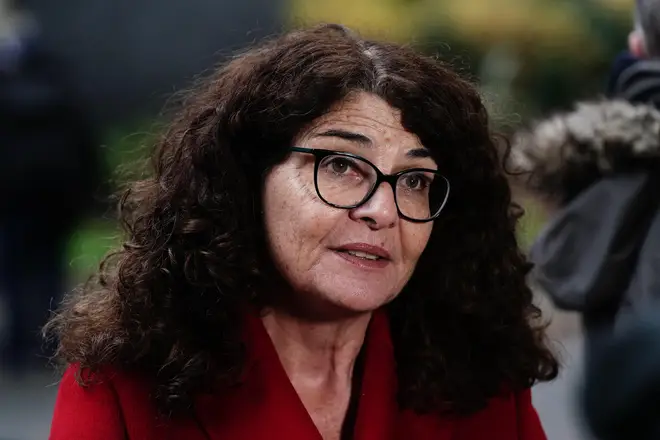
But Harriet Wistrict, Director of the Centre for Women's Justice, stressed: “Officers should be interviewed face to face and there should be proper checks done on their backgrounds. There are issues about Carrick’s offending pre joining the police.
"Those sorts of things, those types of intelligence and knowledge about those men might have prevented them from becoming members of the police and being able to use their powers given to them as police officers to perpetuate further abuse.”
The Angiolini Inquiry report last month highlighted huge failings in current police vetting procedures and recommended a string of tough new rules to weed out wrong-uns.
Applicants should face vetting with the Police National Database, should have a psychological assessment, and anyone with a caution or conviction for sexual offences should be rejected outright.
They also recommended that every new candidate applying to become an officer in any force should have an in-person interview and a home visit.
Face-to-face contact must be made before they start, they said, to try and “engage with the candidate, relevant family members or other occupants of the residence, wherever possible”.
A separate “integrity questionnaire” should be used too to try and shine a light on why they want to join the forces and whether they would be suitable.
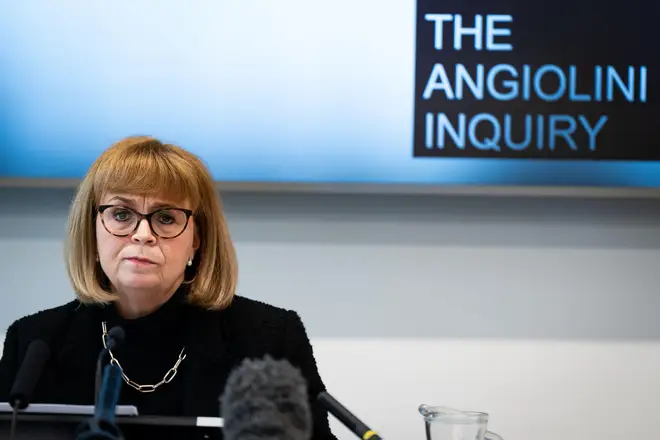
The College of Policing said they were taking forward all of those recommendations.
Chief Constable Andy Marsh, College of Policing CEO, said: “The Angiolini Inquiry showed there were serious failures in how police vetting was carried out.
"We began work last year to close these gaps including the publication of a new vetting Code of Practice to help eliminate unacceptable behaviour and prevent others joining policing in the first place.
“We recently closed a public consultation on what will be some of the toughest vetting standards in the history of policing. These reforms will do more than ever to stop the wrong people entering the service, monitor them closely when in the job, dismiss those who break our trust and ban them from ever returning.”
A government spokesperson said: “We expect police forces to ensure they are meeting all candidates face to face when hiring new officers, as per the College of Policing guidance.
"All forces are now using face to face assessment activity in addition to the online assessment process.”
“Progress has been, and continues to be, made to strengthen the way officers are vetted, scrutinised, managed and disciplined to rid the force of anyone not fit to serve and stop them from getting into the police in the first place.”